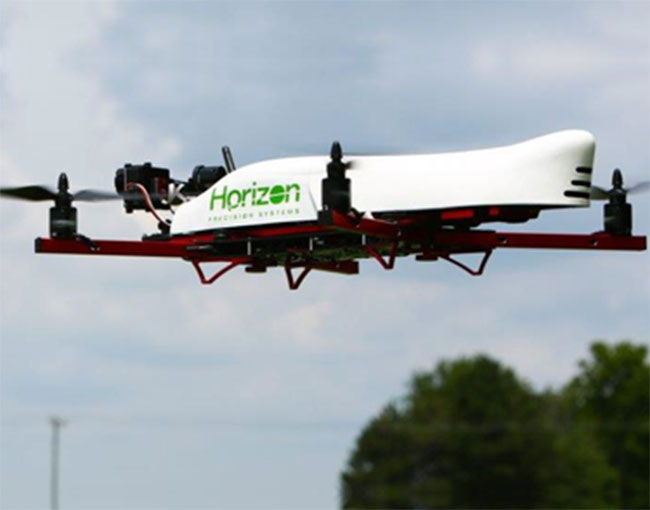Home > Insights > Publications > Florida drone bill a reminder to UAS operators: Know all the rules before you fly
A bill recently introduced in the Florida House of Representatives would enhance privacy-related restrictions on the operation of unmanned aircraft systems (“UAS,” otherwise known as “drones”) in the state. The Freedom from Unwarranted Surveillance Act (HB 649) would authorize lawsuits for civil damages (including attorneys’ fees) by individuals against any state agency or other private individuals who conduct drone surveillance of the individual’s property without a warrant. Targeting more than just law enforcement drone operators, the bill would also make recreational and (presumably) commercial drone users liable if they “capture an image” of another individual’s person or property with the intent to conduct surveillance without consent.
Currently, commercial drone use is prohibited nationally unless the operator obtains a Section 333 Exemption from the Federal Aviation Administration. The agency has also provided guidance for recreational users to avoid unsafe flying in violation of FAA regulations. In the future, however, state laws may also give considerable pause to commercial or recreational operators using drones for such purposes as evaluating real estate from the air.
Florida is not the only state with growing concerns about drone use. Many other states, such as Virginia, Maryland, Idaho, Montana, Tennessee and Texas, have restricted the use of information captured by drones, or where drones can fly. A pending California bill (SB 142) introduced on January 26, 2015, seeks to clarify the state’s trespass law and “extend liability for wrongful occupation of real property and damages to a person who without permission operates an unmanned aerial vehicle below the navigable airspace overlying the real property.” The proposed California bill adopts the federal Air Safety and Commerce statute’s definition of navigable airspace, which describes navigable airspace as the airspace above the minimum safe altitude for flight.
Depending on the location of the airspace in question, the minimum safe altitudes could start at altitudes of 500 feet above ground level (AGL) if the UAS is flying over non-congested areas or an altitude of 1,000 feet above the highest obstacle if the UAS is flying in congested areas. In sparsely populated areas or over open water, the minimum safe altitudes can be even lower than 500 feet AGL. Therefore, a UAS operator determined to get a photograph or video of you in your backyard could defeat the liability provisions of the proposed bill by flying above these altitude thresholds and then taking his or her chances that the FAA may not take enforcement action against him or her.
Significantly, the FAA has stated that its mission is to provide the safest, most efficient aerospace system in the world, and that its mission does not include regulating privacy. Accordingly, a high-flying drone operator in California could escape California state civil liability by the offended person and risk only an FAA penalty for exceeding prescribed altitudes.
An Oklahoma bill (SB 492), recently approved by the state Senate’s judiciary committee, would go further than the proposed California bill, providing “civil immunity” for landowners who, as a stark example of legal self-help, shoot down a drone that may be surveilling them over their property. Finally, numerous cities and townships are also placing restrictions on drone use, including some that require drone operators to obtain a permit before use.
Clearly, FAA and other federal regulations are not the only rules that should grab UAS operators’ attention. It is important for any drone user, recreational or otherwise, to verify that the location and method of planned operation will be compliant with federal, state and local rules. Florida’s HB 649 reminds UAS operators in any state that failing to do so could be costly.

